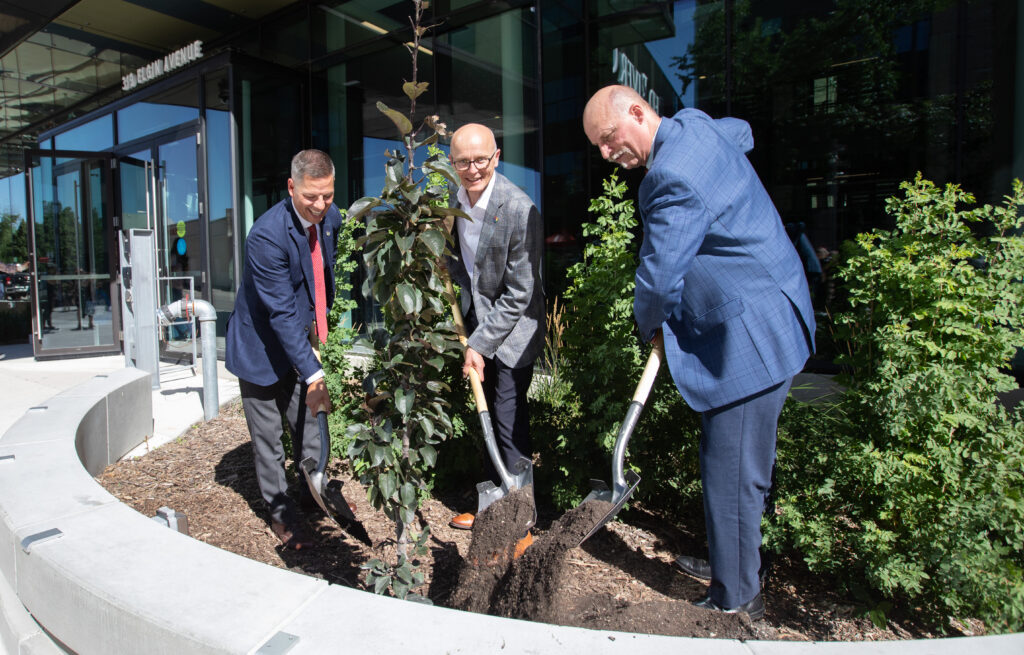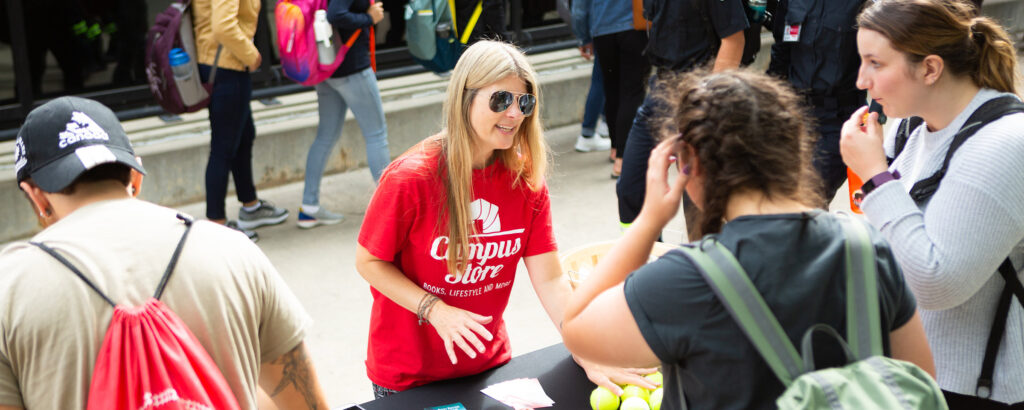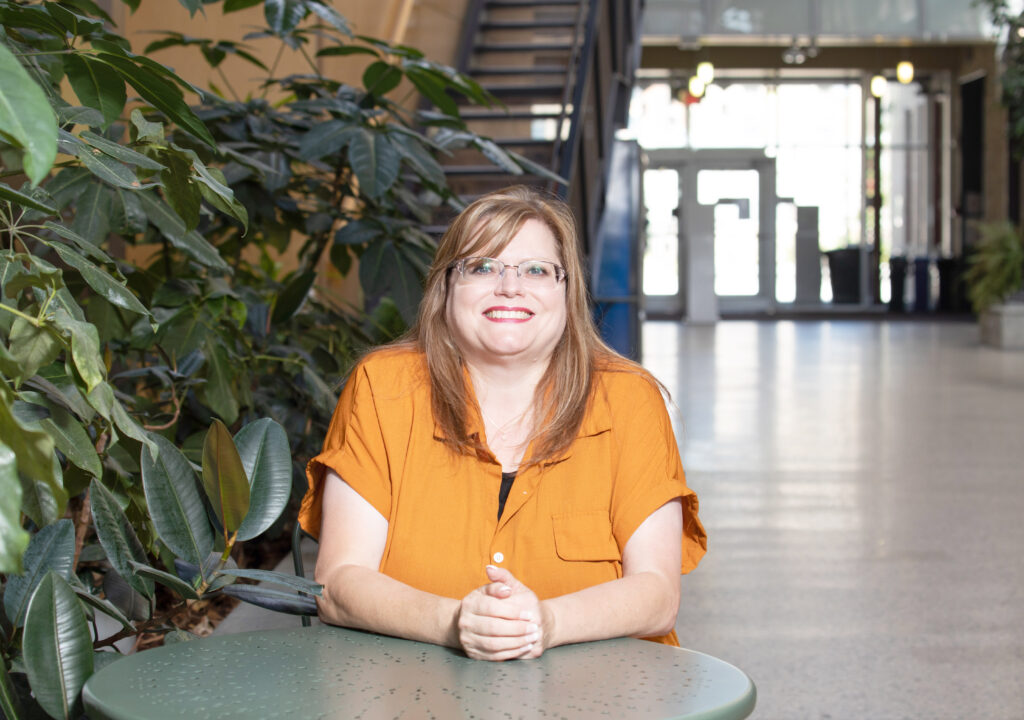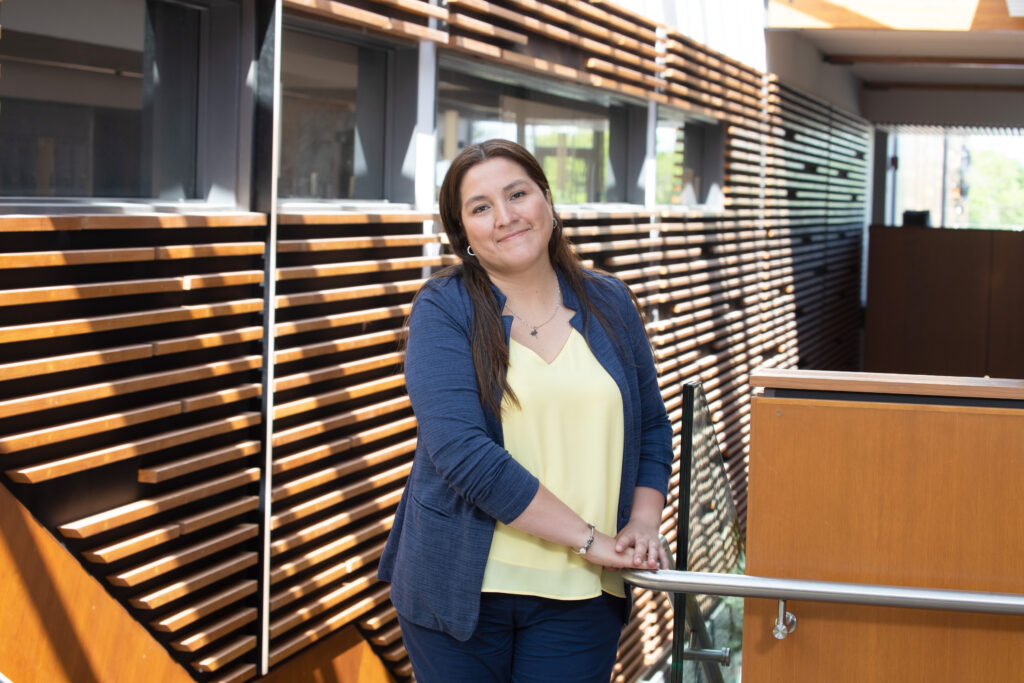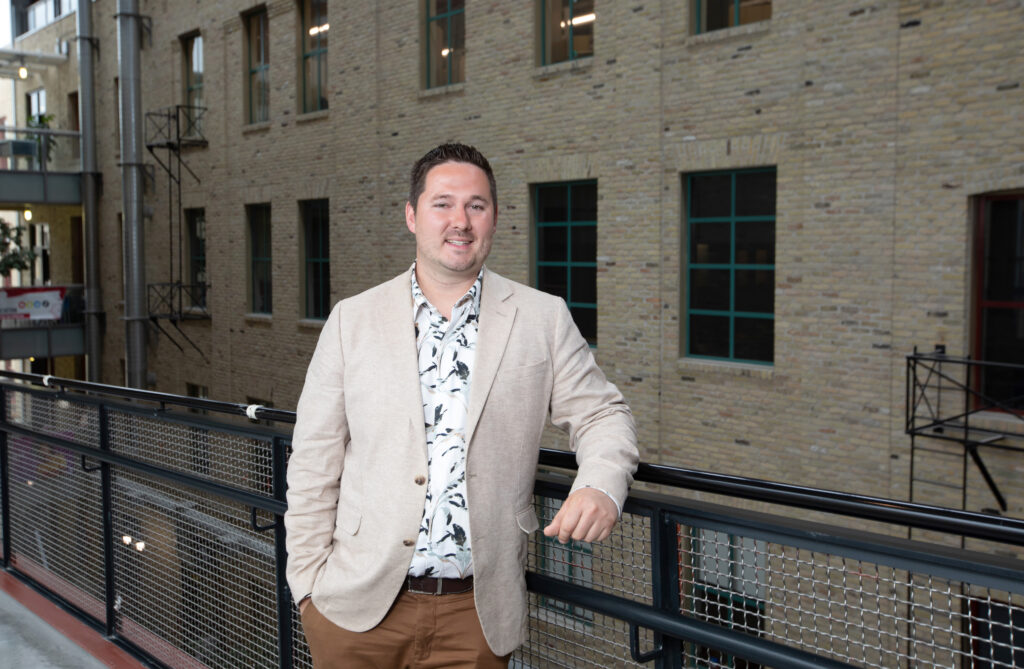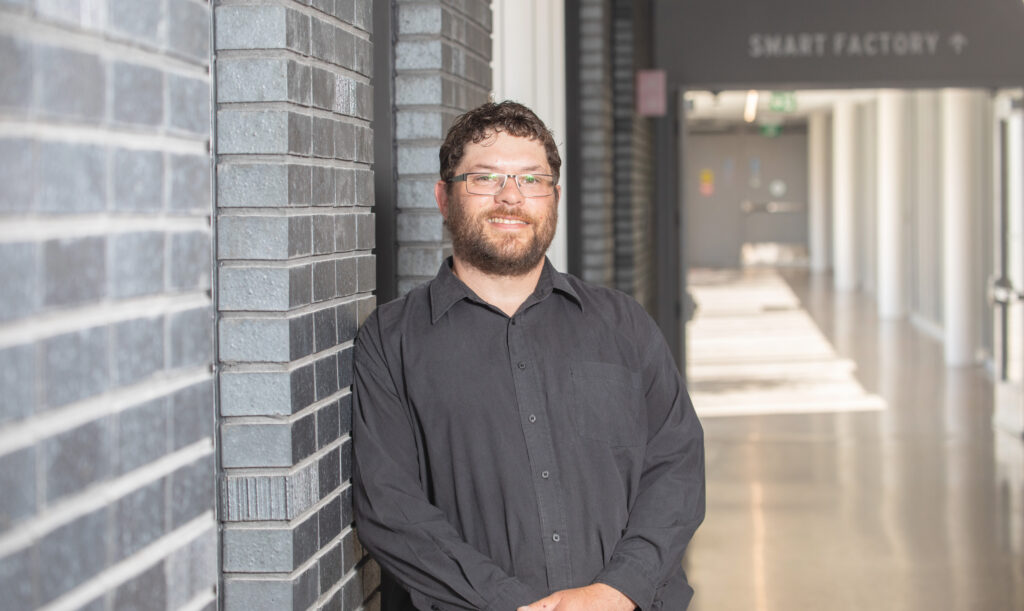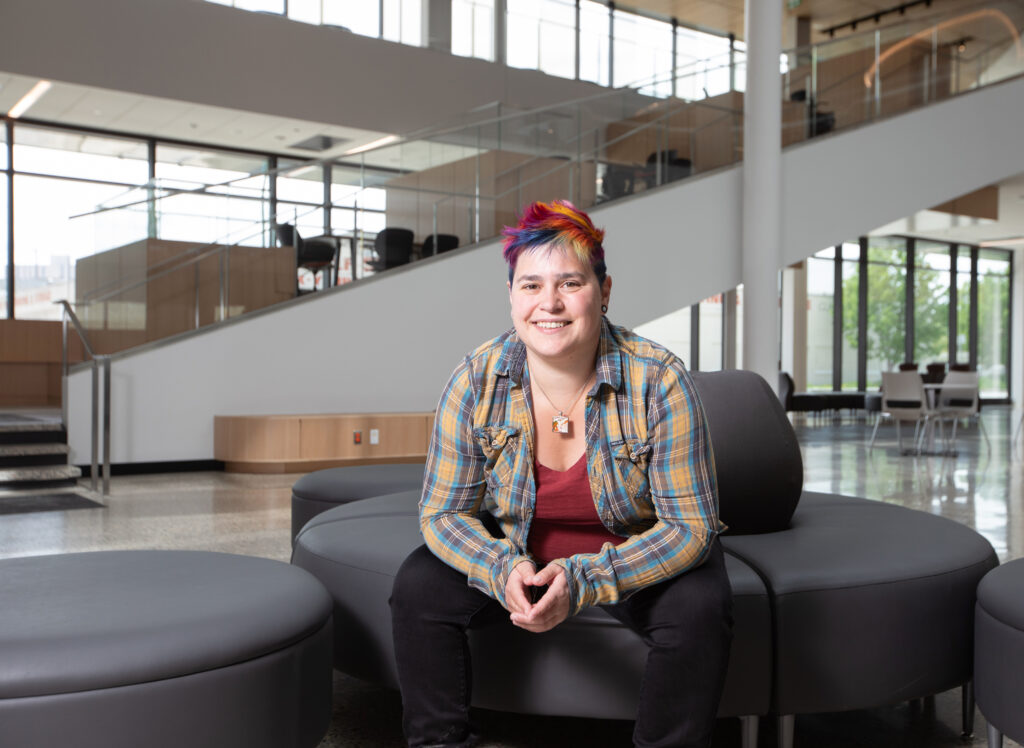RRC Polytech launches new Portage Innovation Centre with contest for young entrepreneurs
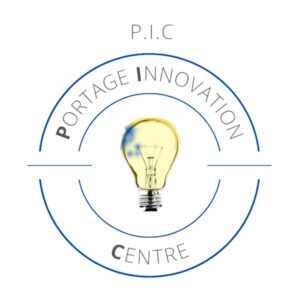 This weekend, entrepreneurs and innovators (aged 15–30) will have the chance to win $1,000 dollars towards starting their new business, during the Portage Innovation Centre’s grand opening event: Innovate to Launch.
This weekend, entrepreneurs and innovators (aged 15–30) will have the chance to win $1,000 dollars towards starting their new business, during the Portage Innovation Centre’s grand opening event: Innovate to Launch.
The new Centre, located at RRC Polytech’s Portage Campus, was created through a partnership between the College and Communities Building Youth Futures to provide access to equipment, expertise and training for entrepreneurs and makers in Portage la Prairie and the surrounding area.
“RRC Polytech is a proud partner in this new initiative that will provide office spaces, shared meeting rooms and access to a fabrication laboratory with a 3D printer, Cricut 3 machine, heavy duty sewing machine, laser engraver and a multi-function printer,” says Guy Moffat, Regional Manager at the Portage Campus. “We’re excited to also provide the assistance of RRC Polytech students and human resources support as these young entrepreneurs launch new businesses.”
The Portage Innovation Centre, located in the lower level of the campus, is free/low-cost space for young entrepreneurs and innovators to launch businesses. Community partners will provide free workshops to all applicants on the essentials of starting a business or venture, including legal and accounting advice.
“Finding ways that young people in this community can stretch their entrepreneurial muscles is always a good thing,” says Chuck Davidson, CEO and President, Manitoba Chambers of Commerce. “When the community is able to come together like this, it allows incredible business ideas to come to life and helps create vibrant communities, economic development, entrepreneurial success and a strong future for Manitoba.”
Innovate to Launch is a three-day (Sept. 22–24) innovation contest hosted by the Portage Innovation Centre where innovators will compete for a $1,000 prize — as well as free office space for a year — by writing a pitch for a new business idea. Each team or individual will be a assigned a mentor to help them with their idea and work through their pitch. Judges will decide on three winners and the top 10 teams will be offered $20 a month towards software or tools to develop their business.
A grand opening of the Portage Innovation Centre will take place on Sat., Sept.24 from 12:00–1:00 p.m. Members of the public are welcome to tour the space, including the fabrication laboratory.

